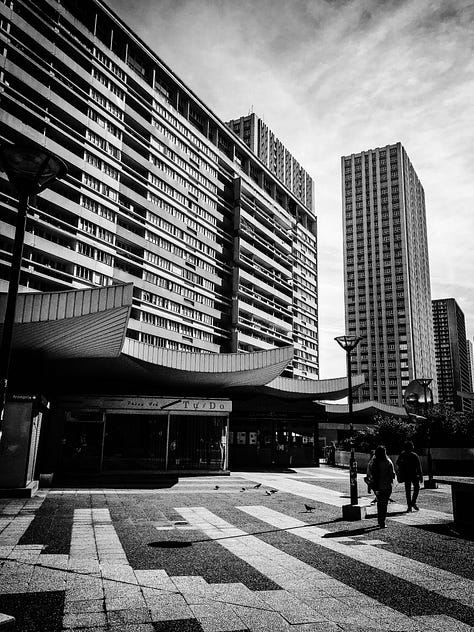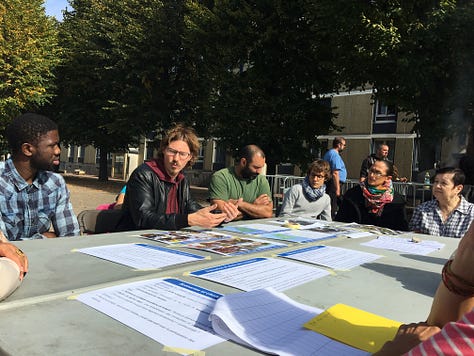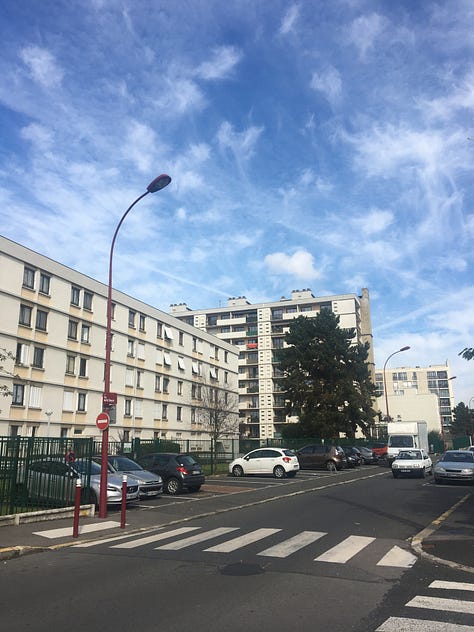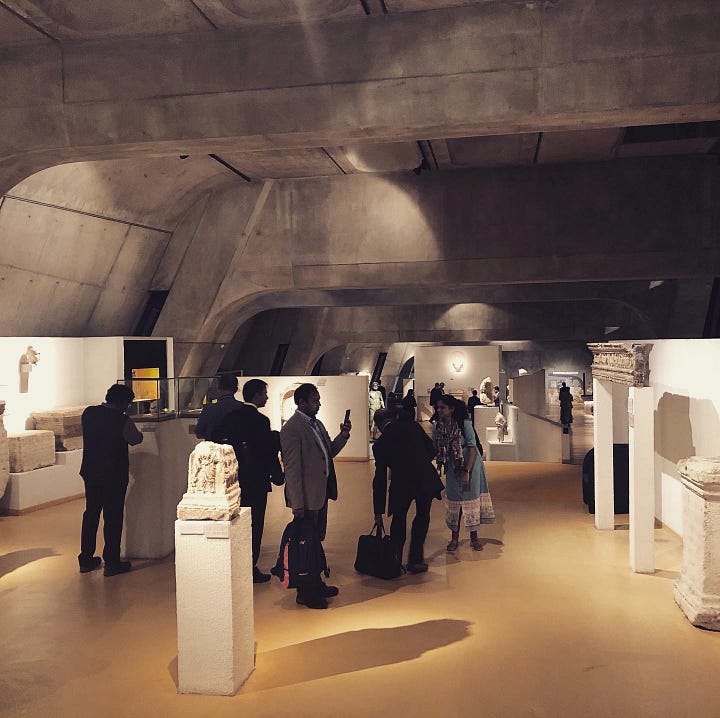Today, we celebrate India’s 75th Republic Day. Undoubtedly, 26th January 1950 was a historic day when the people of our newly independent nation adopted and gave themselves a written Constitution to govern a sovereign, socialist and democratic nation, undergirded by shared values of justice, liberty, equality and fraternity. Today, when the world appears to be teetering on a precipice, with war, authoritarianism, geopolitical tensions and internal strife questioning many of these values, it looks towards India, the world’s largest democracy and a country with a vibrant multicultural energy, to reaffirm these fundamental ideas.
In this vein, we have heard French President Macron reiterate India’s importance to France’s interests during his visit to New Delhi as India’s Republic Day Chief Guest by underscoring the potential of India’s young talent, referring to substantive collaborations in science, technology, art and culture, and announcing France’s intent to bring 30,000 students to French universities by 2030.
I have been lucky to participate in some of these deep-rooted collaborative initiatives. In the Summer and Fall of 2017, I made two month-long visits to Paris as a Fellow at the University of Paris’ Centre for Social Sciences Studies on the African, American and Asian Worlds (CESSMA). This opportunity emerges from my home institution, the Centre for Policy Research’s (CPR) strong connections with French public research institutions like The French National Research Institute for Sustainable Development (IRD) and the Delhi-based Centre de Sciences Humaines (CSH), with whom CPR has run a collaborative monthly urban research lecture series for nearly 14 years.
In Paris, I was lucky to be mentored by wonderful scholars like Veronique Dupont, Valerie Clerc, Agnes Deboulet, Eric Denis and Sylvie Fanchette, who went far beyond their academic duties, spending time introducing me to exciting people and places in their beloved Paris. I remember a wonderfully detailed introduction to the quaint neighbourhoods of Belleville in north-eastern Paris, which has the cutest art ateliers and is almost entirely ignored by the regular touristy crowd, and an informative walk through Brutalist architecture and Vietnamese street food in the city’s 13th Arrondissement.




I also spent two unforgettable Sundays accompanying Agnes and her colleagues to neighbourhoods where redevelopment was imminent and poor residents fought to preserve social housing and accessible public space. Even without understanding French, I could grasp the racial and colonial undertones of these contemporary housing conflicts. In these immigrant-heavy small municipalities of Paris, I observed how people invited elected officials to engage in public dialogue through innovative exhibits and neighbourhood events. Their creative resistance to the impending neoliberal reconfigurations of their neighbourhoods was inspiring. Those impressions stayed with me for years, and I remembered those weekends often when I participated in the Main Bhi Dilli (I, too, am Delhi) campaign for a people-sensitive master plan for Delhi in 2020-21. In Delhi, too, activists deployed similar strategies, but progress was stymied by the centralised structure of Delhi’s governance.





In 2019, I visited Lyon as part of an official Indian delegation to the second Franco-Indian Knowledge Summit dedicated to higher education, research, and innovation as part of a sub-group on architecture and urban planning. The ornate grand hall at the University of Lyon, where all the formal events were hosted, was a stark contrast TO the clean concrete lines of the Lugdunum Museum of Lyon, where the reception was hosted and which offered a fabulous insight into the city’s Roman origins.
But Lyon turned out to be a city of adventure for me. The first evening there was spent searching for a Macbook charger, which I desperately needed to meet an urgent deadline. This took me to modern parts of the city that, as a tourist, I would have totally ignored. On the last day, we made an adventurous dash to Firminy by train to see Corbusier’s famous church, which was breathtaking. To add to the excitement, a train strike delayed us, and we just about made it back to Lyon in time to catch the flight back to Delhi.


Personal adventures aside, the Summit was a fabulous chance to learn how, despite language barriers, countless exchange programs and cultural projects have been forged between French and Indian institutions. Clearly, Macron’s ambition is based on several decades of groundwork.
My experiences have generally made me optimistic about the outcomes of collaborations between India and European nations like France. However, in education and research, we also see Western institutions, which are much better funded and ranked, being extractive in their approach, using Indian counterparts to organise visits and host researchers but not investing in the holistic development of Indian scholarship. I have generally observed that French institutions prefer long-term and invested relationships, making them amazing partners. It would be unfortunate if a relationship expansion inadvertently assumes a more transactional form.






